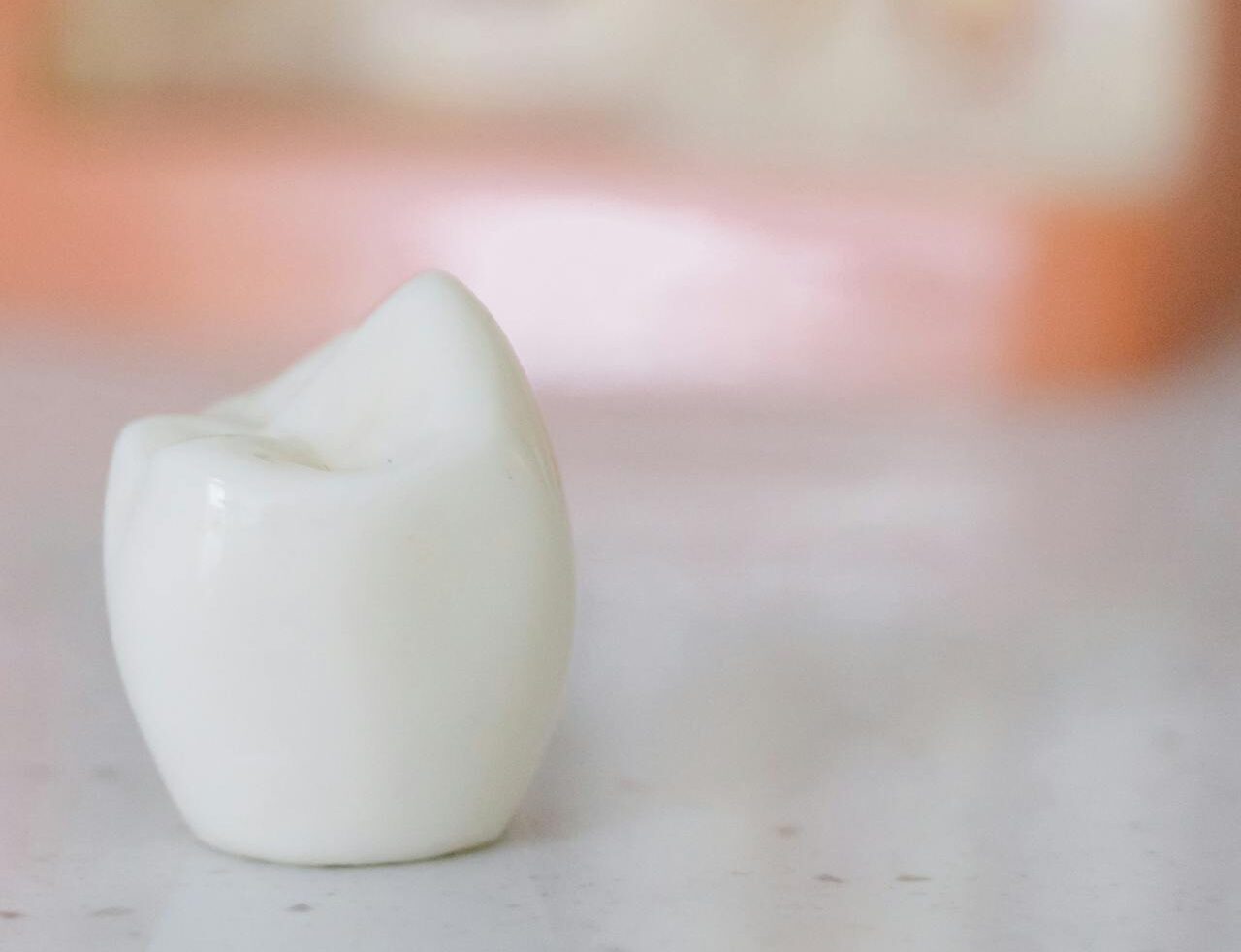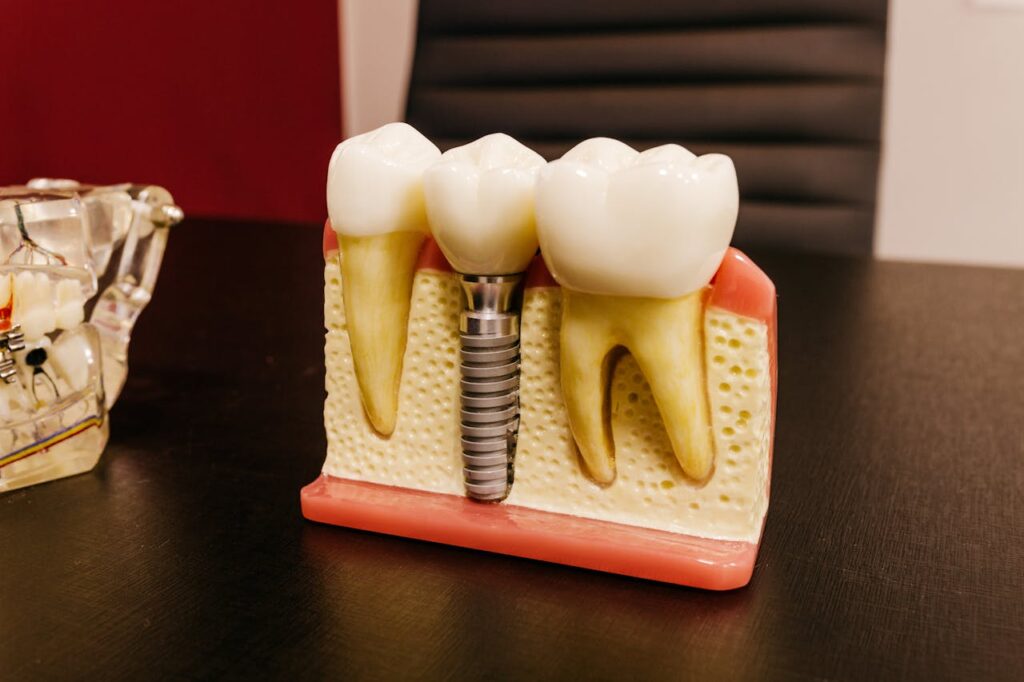Dental Implants: Everything You Need to Know

Table of Contents
Introduction to Dental Implant
What are dental implants? Simply put, they are artificial tooth roots that provide a permanent base for fixed or removable replacement teeth. These implants are typically made of titanium, a biocompatible material that fuses well with the jawbone. Dental implants are an excellent solution for those who have lost teeth due to injury, decay, or other reasons.
Importance of Dental Implant
Dental implants play a crucial role in maintaining the overall health and structure of your mouth. Unlike other tooth replacement options, implants not only fill the gap left by a missing tooth but also preserve the health of the surrounding teeth and jawbone. This makes them a preferred choice for many seeking long-term dental solutions.
Benefits of Dental Implant
Enhanced Appearance
One of the most noticeable benefits of dental implants is their ability to restore your smile. Because they look and feel like your natural teeth, implants can enhance your appearance and boost your confidence.
Improved Speech
Missing teeth or poorly fitted dentures can cause slurred or mumbled speech. Dental implants allow you to speak without worrying about teeth slipping, ensuring your speech remains clear and confident.
Better Comfort
Because dental implants become a part of you, they eliminate the discomfort of removable dentures. They offer a permanent solution that doesn’t require any special maintenance beyond regular oral hygiene.
Easier Eating
With dental implants, you can enjoy your favorite foods without pain or difficulty. Implants function like your natural teeth, allowing you to eat comfortably and without hesitation.

Types of Dental Implants
Endosteal Implants
These are the most common type of dental implants. They are surgically placed directly into the jawbone and serve as the root for the artificial tooth. Once the surrounding gum tissue heals, a second surgery is needed to connect a post to the original implant, to which the artificial tooth is then attached.
Subperiosteal Implants
These implants consist of a metal frame that is placed under the gum but on or above the jawbone. This type of implant is used for patients who do not have enough healthy jawbone and cannot or do not want to undergo a bone augmentation procedure.
The Dental Implant Procedure
Initial Consultation
The journey to getting dental implants begins with an initial consultation with your dentist. During this visit, the dentist will evaluate your oral health, take X-rays, and discuss your treatment options to determine if you are a good candidate for implants.
Preparing for the Procedure
If you have insufficient jawbone, you may need a bone graft before the implant procedure. This involves adding bone or bone-like materials to the jaw, which can take several months to heal before an implant can be placed.
Placement of the Implant
The next step is the surgical placement of the implant into the jawbone. This involves making an incision in the gum to expose the bone, drilling a hole into the bone, and inserting the titanium implant. The gum is then stitched up over the implant.
Healing and Osseointegration
After the implant is placed, a process called osseointegration begins. This is where the jawbone grows around the implant, securing it firmly in place. This process can take several months, but it is crucial for the stability of the implant.
Attaching the Abutment and Crown
Once osseointegration is complete, a small connector post called an abutment is attached to the implant. The final step is to place the artificial tooth, or crown, onto the abutment. The crown is custom-made to match your natural teeth in color and shape, ensuring a seamless look.
Who is a Good Candidate for Dental Implants?
Oral Health Requirements
To be a good candidate for dental implants, you need to have healthy gums and enough jawbone to support the implant. Regular dental check-ups and good oral hygiene are essential.
Bone Density Considerations
If your jawbone is not thick enough or is too soft, you may require a bone graft before you can receive a dental implant. This procedure ensures that your jawbone can adequately support the implant.
General Health Factors
Certain health conditions, such as diabetes or heart disease, may affect your ability to undergo dental implant surgery. Your dentist will evaluate your overall health to determine if implants are a viable option for you.
Risks and Complications of Dental Implants
Common Risks
As with any surgical procedure, there are risks involved with dental implants. These can include infection at the implant site, injury to surrounding teeth or blood vessels, nerve damage, and sinus problems.
How to Minimize Risks
Choosing an experienced dental professional and following post-surgery care instructions can significantly reduce the risks associated with dental implants. Regular follow-up visits are also crucial to monitor your implant’s health.

Cost of Dental Implant
Factors Affecting Cost
The cost of dental implants can vary widely based on several factors, including the number of implants needed, the type of implant, the location of the dental practice, and whether additional procedures such as bone grafts are required.
Insurance and Financing Options
While dental implants can be expensive, many dental practices offer financing options to make the procedure more affordable. It’s also worth checking if your dental insurance covers part of the cost of implants.
Recovery and Aftercare for Dental Implant
Immediate Aftercare
After the implant procedure, it’s important to follow your dentist’s aftercare instructions closely. This may include taking prescribed medications, avoiding certain foods, and maintaining good oral hygiene.
Long-Term Care
Dental implants require the same care as natural teeth. Regular brushing, flossing, and dental check-ups are essential to keep your implants in good condition and to prevent any complications.
Dental Implant vs. Other Tooth Replacement Options
Implants vs. Bridges
While dental bridges can replace missing teeth, they require the alteration of adjacent teeth. Implants, on the other hand, do not affect surrounding teeth and provide a more permanent solution.
Implants vs. Dentures
Dentures can be an affordable option for replacing missing teeth, but they may not offer the same level of comfort and stability as implants. Implants provide a more natural feel and function.
Common Myths About Dental Implant
Myth 1: Implants are painful
While the idea of dental surgery can be daunting, most patients report that the procedure is less painful than expected. Local anesthesia and sedation options can help manage discomfort.
Myth 2: Implants are too expensive
While the initial cost of implants can be high, they are a long-term investment in your oral health. Considering their durability and the benefits they offer, implants can be cost-effective in the long run.
Myth 3: Implants are not for older adults
Age is not a limiting factor for dental implants. As long as you have sufficient bone density and good overall health, you can be a candidate for implants, regardless of age.
Success Rates and Longevity of Dental Implant
Statistical Success Rates
Dental implants have a high success rate, with studies showing success rates of up to 98%. This makes them one of the most reliable options for tooth replacement.
Factors Influencing Longevity
The longevity of dental implants depends on various factors, including oral hygiene, lifestyle habits, and regular dental check-ups. With proper care, implants can last a lifetime.
Innovations in Dental Implant Technology
Recent Advancements
Recent advancements in dental implant technology include the development of mini implants, improved imaging techniques, and enhanced materials that increase the success rate and comfort of implants.
Future Trends
Future trends in dental implants may include the use of 3D printing for custom implants, regenerative medicine to improve bone growth, and nanotechnology to enhance the integration of implants with the jawbone.
Patient Stories and Testimonials
Hearing about real-life experiences can be reassuring for those considering dental implants. Many patients report significant improvements in their quality of life and confidence after receiving implants.
Why Choose Fullerton Dental Art for Your Implants?
Expertise and Experience
Fullerton Dental Art in Fullerton, California, boasts a team of experienced dental professionals who specialize in dental implants. Their expertise ensures you receive the best care possible.
Patient-Centered Approach
Fullerton Dental Art prioritizes patient comfort and satisfaction. They provide personalized treatment plans and comprehensive aftercare to ensure the best outcomes.
Advanced Technology
Utilizing the latest technology, Fullerton Dental Art ensures precise implant placement and optimal results. Their state-of-the-art equipment enhances the safety and effectiveness of the procedure.
Conclusion
Dental implants offer a reliable, long-term solution for missing teeth, enhancing both appearance and function. With high success rates and numerous benefits, they are a worthwhile investment in your oral health. If you’re considering dental implants, Fullerton Dental Art in Fullerton, California, is an excellent choice for top-notch care.
Schedule your appointment today by filling the form below and take the first step toward a healthier and brighter smile. Stay connected with us on Facebook for the latest updates, and check out our reviews from valued patients on Yelp!
FAQs
- How long does the dental implant process take?
- The entire process, including healing, can take several months. However, this varies based on individual circumstances and additional procedures like bone grafts.
- Are dental implants covered by insurance?
- Some insurance plans may cover a portion of the cost. It’s best to check with your provider and discuss financing options with your dentist.
- Is the dental implant procedure painful?
- Most patients report minimal discomfort during the procedure, which is managed with local anesthesia. Post-surgery discomfort can usually be controlled with medication.
- How do I care for my dental implants?
- Dental implants require the same care as natural teeth: regular brushing, flossing, and dental check-ups.
- Can anyone get dental implants?
- Most people with good oral and overall health can get dental implants. A consultation with your dentist will determine if they are right for you.
Fullerton Dental Art Contact Details
Location : 717 N PLACENTIA AVE FULLERTON, CA 92831
Phone: +1-714-577-0105
Book An Appointment Now Fullerton, CA
Latest Post
Do I Have Sleep Apnea? Fullerton, CA

What is sleep apnea?Sleep apnea is a condition that makes it difficult for your body to receive the oxygen you need to properly function….
Do I Need a Root Canal

At Fullerton Dental Art is regularly asked, “my tooth hurts, do I have to have a root canal?” Toothaches can be terribly inconvenient. They…
Gum Disease Fullerton, CA

At Fullerton Dental Art, we work diligently to prevent gum disease in our patients. This is a condition that is incredibly common, and most…



